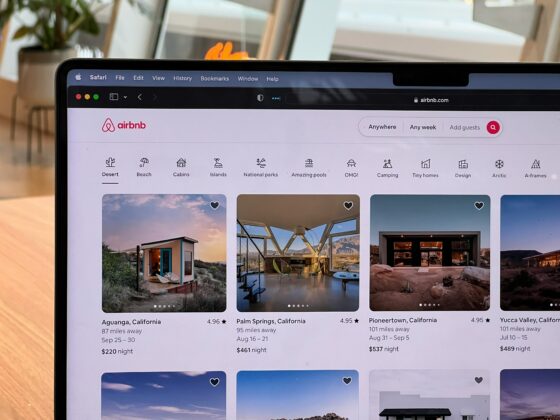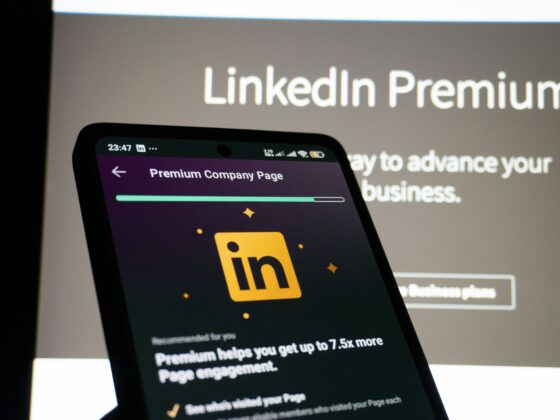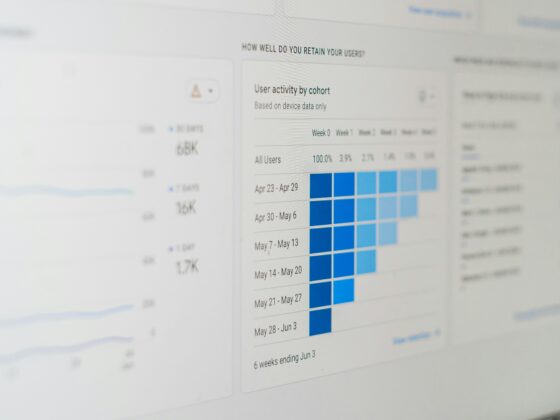
There’s a striking difference between how hotels approach their distribution channels. For their direct channel, hotels typically allocate a yearly budget for their team, marketing, and technology costs. For OTAs, however, they negotiate a commission on bookings. This seems like a straightforward approach, but it has an obvious and often overlooked implication: while the direct channel, which is more profitable, has a cap on investment regardless of how well it’s performing, the indirect channel enjoys an unlimited budget. Let me put it another way: hotels have an unlimited budget for expensive reservations.
The Root of the Problem
Several factors contribute to this discrepancy. Indirect bookings on commission appear risk-free and are fully trackable. Direct bookings, on the other hand, involve a combination of fixed costs (such as people, technology, and brand marketing) and variable costs (such as performance marketing and paid media). Attribution is also more complex: a single booking often results from multiple initiatives. Consequently, we find direct teams continually having to prove their work is profitable, whereas the profitability of indirect teams is taken for granted.
Additionally, short-term focus drives hotels to rely more on OTAs when there’s an immediate need, as direct channels cannot drive demand as quickly. This issue is compounded by siloed teams: marketing has its own budget, and revenue managers typically control OTAs, leading to a lack of collaboration. The specific expertise required for effective marketing also makes it easier for hotels to collaborate with OTAs than to build and train an in-house team.
It is also worth noting that commission isn’t the only cost associated with OTAs. There are additional expenses for placement, ads, and visibility, similar to paying for Google Ads. This makes the overall cost for indirect bookings even higher, with marketing budgets often being utilized to cover these expenses.
The main reason, however, largely stems from tradition—it’s simply how things have always been done.
Let’s Pose Two Questions:
-
Cost Efficiency of Direct vs. Indirect Bookings: Research indicates that indirect bookings are about twice as expensive as direct ones (16% vs. 8%). Even if you doubled your investment in direct bookings, you would still achieve a better ROI. So why do many hotels target a single-digit cost, like 8%? The logical answer might be that the target audience for OTAs is different, potentially including guests who would not book directly. But is this really the case?
-
Marginal Cost of Additional Direct Bookings: If your hotel already secures a certain number of direct bookings, the focus should shift from the cost of existing bookings to the cost of acquiring additional ones. With most direct costs being fixed, it makes sense to fight for each marginal reservation and invest up to 16% of the booking value. So, why not adopt a model that allows for paying for these additional bookings without budget constraints?
Uncapped Growth Opportunities
Let’s take a page from the tech world: successful tech companies build products that offer them opportunities for uncapped growth. For example, business credit cards generate more revenue as users make more purchases with them; you sell the credit card once, but it produces more and more revenue over time (like Ramp). Or the Product Led Growth model (PLG), where a first set of users buy a product for themselves, and over time more and more team members sign up too (Slack or Dropbox are classic examples).
In fact, hotels are already doing this with their OTA distribution: the commission model means that an OTA could bring as many bookings as they possibly can, and the hotel is happy to accommodate those guests. However, on the direct side, a fixed budget for direct bookings implies a cap on growth in your most profitable channel.
Therefore, hotels should consider abandoning the traditional budget model in favor of one that allows for uncapped upside in the direct channel.
How Would This Work?
We should be creative in coming up with new techniques to grow the direct channel.
-
To begin with, consider adopting a “per booking” budget rather than a fixed one. For example, allocate an additional 5% spend on any booking after the first 100 bookings.
-
Another effective approach is to reinvest a percentage of direct booking revenue back into targeted marketing efforts for the direct channel, creating an uncapped growth loop. Automatically allocate a fixed percentage of incremental revenue from direct bookings into the marketing budget; for instance, for every $1,000 earned from direct bookings, set aside $100 for marketing initiatives.
-
Assigning a specific budget for high-end rooms, such as suites that are both high-margin and high-value, can also be beneficial. Spending more on marketing these rooms can lead to higher profitability.
-
You can also dedicate a portion of revenue from upsells and cross-sells to customers who booked directly, channeling it back into the marketing budget.
-
Performance-based partnerships with complementary businesses can be another avenue. Split the revenue from direct bookings driven through these partnerships, allocating a portion to growth through marketing spend and better technology.
-
Implement a direct booking commission system for staff. This approach ties their success directly to the hotel’s profitability through the direct channel, providing a strong incentive to focus on these bookings monthly. This system can serve as an effective incentive until a more flexible budget model is established.
A New Approach for Forward-Thinking Hotels
A progressive hotel brand should approach this issue with fresh eyes. By reassessing how budgets are allocated, your hotel brand can unlock significant growth potential in its most profitable booking channel. Moving towards a model that supports unlimited investment in direct bookings is likely to lead to a more balanced, efficient, and profitable distribution strategy.
About Juanjo Rodriguez
Juanjo, a marketing and tech-savvy entrepreneur, embarked on his digital journey over 20 years ago as Founder of Duplex, a popular marketing agency in Spain. However, driven by his keen observation of a significant technology gap between major online hospitality players and hotels, he took on a new mission to bridge this divide. Today, through The Hotels Network, a Lighthouse company, Juanjo empowers hotel brands worldwide to grow their direct booking channel using cutting-edge technology like AI and machine learning. He is passionate about educating hoteliers on the opportunities offered by innovative solutions such as predictive personalization, frequently sharing his wisdom as a speaker at hospitality events and educational institutions.









